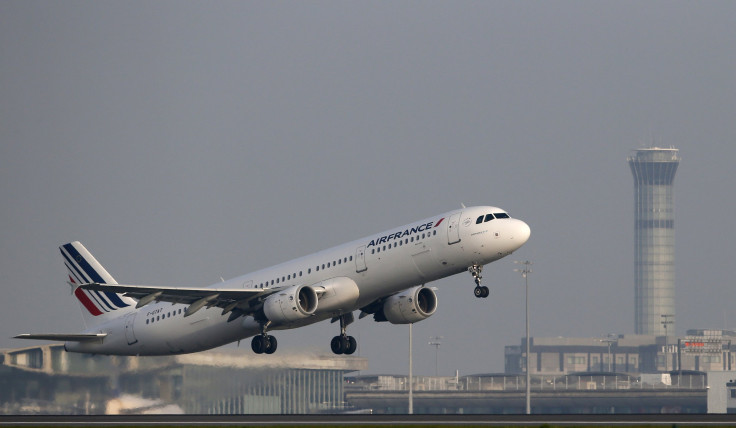French Air Traffic Controller Strike: Two-Day Work Stoppage Begins, With More To Follow

French air traffic controllers walked off the job Wednesday, launching a two-day strike that has grounded nearly half of all flights across the country. About 40 percent of flights were canceled Wednesday, and national aviation authorities are asking airlines to cancel 50 percent of flights Thursday. Short- and medium-haul trips are affected most, as Air France vows to keep long-haul flights in service.
The National Union of Air Traffic Controllers (SNCTA) wants the right to bargain for agreements specific to its members. Under the existing system, bargaining takes place across the aviation sector, of which air traffic controllers make up only a fraction. The union complained in a news release that air traffic is on the rise while “human and technical resources are in decline.” It also wants to bargain over a proposed hike in the retirement age from 57 to 59. (In the U.S., the Federal Aviation Administration mandates retirement for air traffic controllers at age 56.)
Low-cost carrier Ryanair, which said it canceled 250 flights Wednesday, blasted the union in a statement.
“We sincerely apologize to all customers affected by this unwarranted strike action and we call on the EU and French authorities to take measures to prevent any further disruption,” the Dublin-based airline said. “It’s grossly unfair that thousands of European travelers will once again have their travel plans disrupted by the selfish actions of a tiny number of French [air traffic control] workers.”
The strike, originally planned for late March, was delayed because of the March 24 crash of Germanwings Flight 9525 in the French Alps. The air traffic controllers' union says it is preparing for additional sets of work stoppages this month, April 16-18 and April 29-May 2.
France’s top unions are calling for a much larger strike -- and national demonstration in Paris -- against budget cuts Thursday. Meanwhile, another strike rolls on at the nation’s top public radio broadcaster.
French labor is increasingly at odds with the Socialist Party government, which it views as too friendly toward employers. Fresh on labor’s list of grievances: In February, the Socialist-majority parliament approved highly contentious legislation that allows for businesses to open more frequently on Sundays.
© Copyright IBTimes 2024. All rights reserved.












